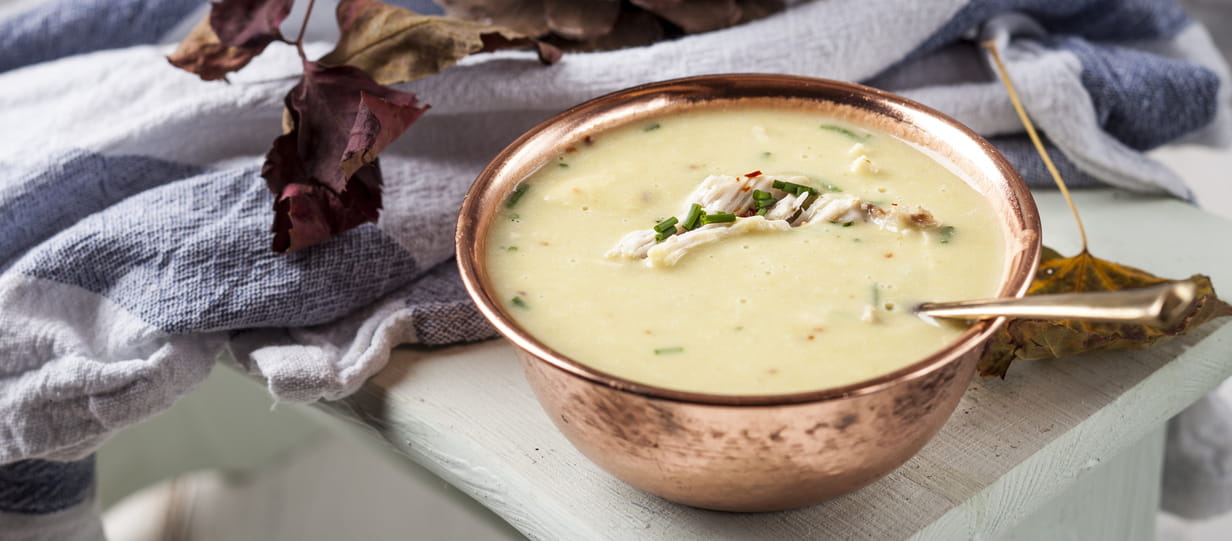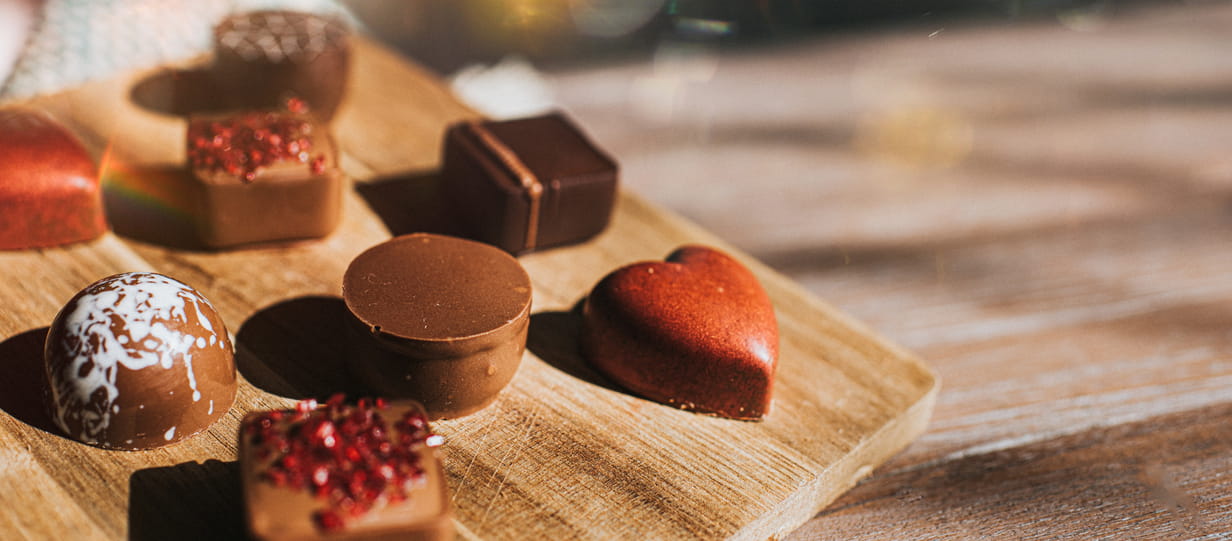Homes
Practical advice, real-life reviews and design inspiration to help you create the home you’ve always wanted.
.jpg)
Why you should never squeeze your teabag – and other golden tea-making rules
Want to make the perfect brew? Then follow these expert tips

What temperature should your heating be? And 3 common mistakes to avoid
Are you making these heating mistakes? How to ensure you and your home are warm this winter.

Our top coat hook ideas for clutter-free hallways

Can you put foil in an air fryer

The best tinned cream of chicken soup: tried and tasted
Our expert tasters put supermarket and top brand tinned cream of chicken soup to the test to find out which is the best to buy.

6 coffee station ideas for the perfect brew
A morning coffee at your own stylish coffee station is a real luxury. Here's 6 of our favourite idea

6 foodie gifts that say “I love you”
If the way to someone’s heart really is through their stomach, then these sweet treats are sure-fire winners this Valentine’s Day.

The best wines for lovers
Celebrate Valentine’s Day with our expert’s picks of the best wines for romance.

Thinking of downsizing? What to know before you take the plunge
Selling up and downsizing is a massive decision. We explain the benefits and pitfalls.

The best lower-alcohol wines
Dry January might be almost over, but there are still times you want a lighter glass or two – our wine expert has discovered the ultimate buys.
.jpg)
The best sweet Christmas food: tried and tasted

Is it worth buying a portable air conditioner? What the experts say

Hide and sleek: How to make your leather last a lifetime

12 down-to-earth cleaning tips from a stately home

For a limited time, enjoy 3 issues of Saga Magazine for just £1. Receive the next 3 print editions delivered direct to your door, plus 3 months’ unlimited access to the Saga Magazine app—perfect for reading on the go.
Don’t miss your chance to experience award-winning content at an exceptional price.
Play our free daily puzzles
Beat the boredom and exercise your mind with our selection of free puzzles.



